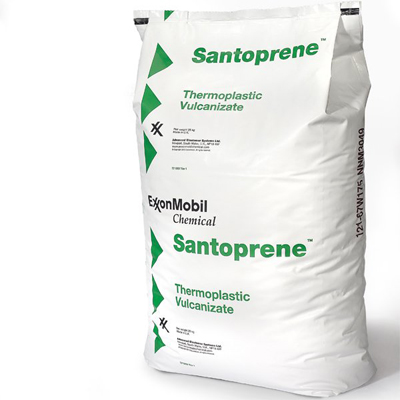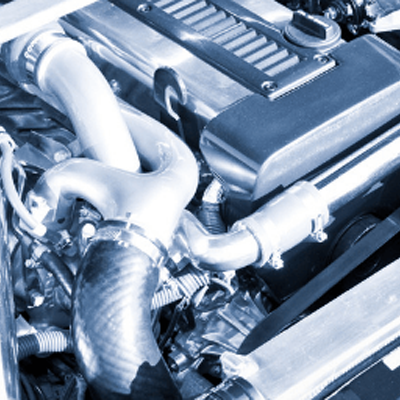Highly resilient Santoprene thermoplastic vulcanizate for automotive Sealing systems
Thermoplastic elastomers (TPE) are a class of materials that combine the advantages of a rubber, such as excellent compression set for good sealing, with the processability of conventional thermoplastics. Thermoplastic vulcanizate (TPV) is a subset of TPEs produced from a blend of vulcanized-crosslinked rubber finely dispersed in a continuous thermoplastic matrix. TPVs are produced by dynamic vulcanization, whereby a rubber is cured/ vulcanized within a thermoplastic polymer while the polymers are undergoing intimate mixing or mastication at elevated temperatures. Elasticity, tensile properties and hardness of the TPV are controlled by the ratio of the harder thermoplastic phase to the softer rubber phase. It is well known that TPVs exhibit the advantageous sealing properties of conventional cured rubber, excellent physical properties, good high temperature resistance and outstanding chemical resistance. Due to these benefits Santoprene TPVs have become a workhorse material for a variety of automotive sealing applications. The applications for TPVs in automotive sealing include glass run channels, dynamic seals, cowl vent grille seals and outer belt line seals
Read More

